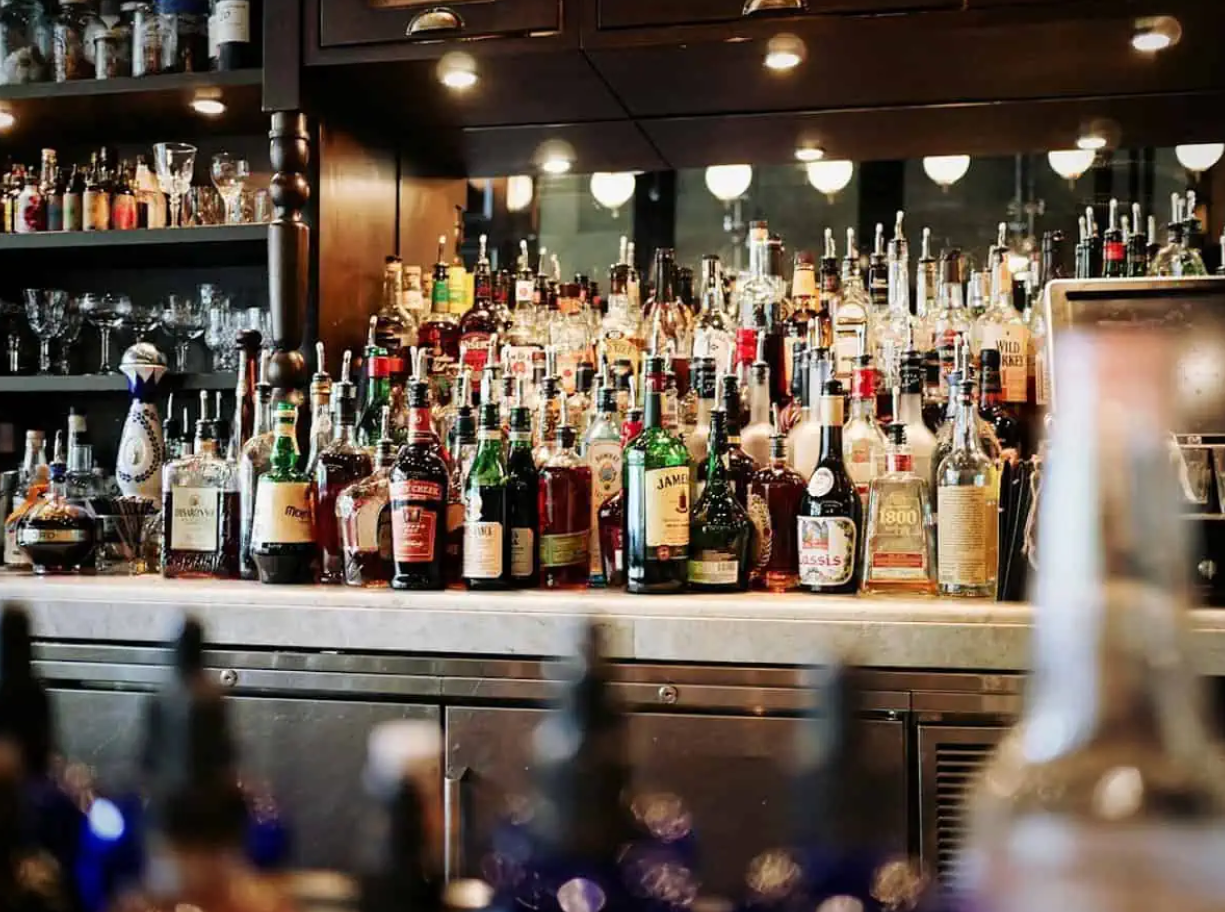Saudi Arabia is gearing up to inaugurate its inaugural alcohol store in the capital city of Riyadh, exclusively catering to non-Muslim diplomats, as revealed by an insider and a disclosed document.
To patronize this establishment, customers are required to register through a mobile app, obtain a clearance code from the foreign ministry, and adhere to specified monthly purchase limits, as outlined in the document seen by Reuters.
This development signifies a significant step in the kingdom’s initiatives, spearheaded by Crown Prince Mohammed bin Salman, to make the traditionally conservative Muslim nation more accessible for tourism and business.
It’s noteworthy that consuming alcohol is strictly prohibited in Islam.
The initiative aligns with the broader Vision 2030 plans, aimed at diversifying the economy beyond oil.
The newly established store is situated in Riyadh’s Diplomatic Quarter, an area predominantly inhabited by embassies and diplomats.
The document emphasizes that access to the store will be “strictly restricted” to non-Muslims.
The status of access for other non-Muslim expatriates remains unclear, given the significant Muslim majority among the millions of expatriates residing in Saudi Arabia, particularly from Asia and Egypt.
Sources familiar with the plans anticipate the store’s opening in the upcoming weeks.


Saudi Arabia enforces stringent laws against alcohol consumption, carrying penalties ranging from lashings and fines to deportation and imprisonment.
Recent reforms have seen a shift away from corporal punishment, with jail sentences becoming more prevalent.
Historically, alcohol has been obtainable only through diplomatic mail or the black market.
Confirming reports from state-controlled media, the government announced new restrictions on alcohol imports within diplomatic consignments to combat illicit trade.
The Center of International Communication assured that the revised regulations aim to prevent the illegal trade of alcohol goods and products among diplomatic missions.
While the government statement did not explicitly address the upcoming alcohol store, it emphasized that the new framework aligns with international diplomatic conventions, ensuring non-Muslim diplomats have regulated access to these products.
In recent years, Saudi Arabia, once relatively closed off, has eased stringent social codes, such as gender segregation and mandatory all-covering black robes for women.
These changes are part of a broader transformation initiated by Prince Mohammed, which includes opening up the country for non-religious tourism, hosting concerts, permitting women to drive, and tightening control over dissent and political opposition.
Vision 2030 also encompasses plans to foster local industries, establish logistics hubs, and generate hundreds of thousands of jobs for Saudi nationals.
Women Joining Historic Japan’s Naked Festival For The First Time

